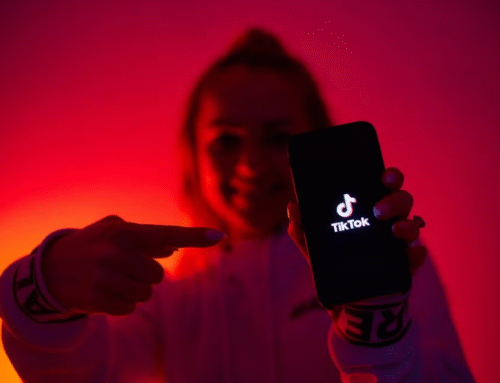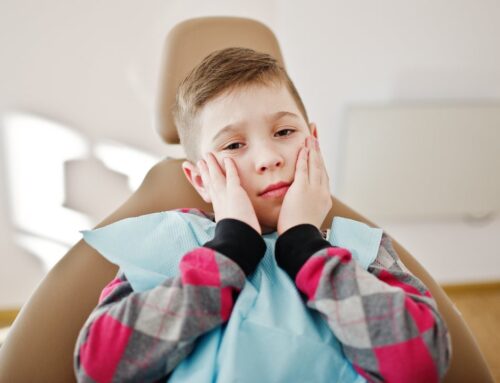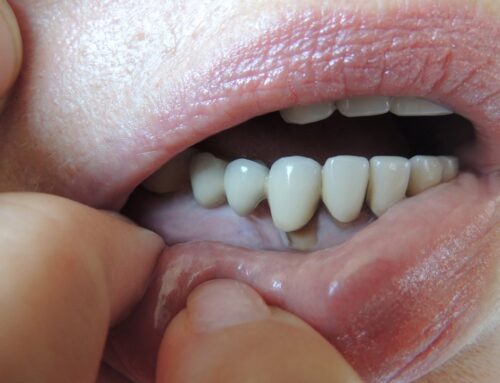
Harrisburg Family Dentist | Baby Tooth Decay Treatment
Like adults, infants, including newborns are at risk for oral health problems. This is known as baby bottle tooth decay. Many assume that since baby teeth fall out, they are not as important to care for as permanent teeth, however, this is not so. Baby teeth are not only essential for talking, chewing, and smiling, but they also act as placeholders for the adult teeth. If a baby tooth is lost too early or becomes infected, the child may suffer consequences at they become older, including crooked teeth, speech impediments, and poor eating habits. This is why it is essential for parents to start practicing good oral health care on their children from the day they bring them home from the hospital. Are Baby Teeth Important?
What Causes Baby Bottle Tooth Decay?
When an infant’s teeth and gums are regularly exposed to sugary drinks like juices, formula, and milk, bacteria thrive on the sugar and will create acids that produce plaque. Tooth decay begins after frequent bacteria attacks.
Baby bottle tooth decay in infants is generally associated with babies who drink from baby bottles often, whose pacifiers are dipped in sweet substances like honey or sugar, and those who are provided juice or milk just before naps or bedtime.
Bacteria can also be passed from the parents or caretakers to children if they put the baby’s spoon in their own mouth or uses her own saliva to clean a pacifier, then saliva is transferred to the child.
This problem occurs most commonly in the upper front teeth but can affect other teeth as well.
Symptoms of Tooth Decay in Children
If the problem is caught in the early stages, the higher the likelihood of simple treatment from a dental visit. Left untreated, baby bottle tooth decay, can result in more severe health implications, like tooth loss that might require restoration treatments.
The most common sypmtoms to look for are white spots on the surface of the tooth, this is normally the first signs of tooth decay in babies. This can generally be treated with fluoride at our dentist office in Harrisburg NC. More severe signs include:
- Bleeding or swollen gums
- Black or brown spots on the teeth
- Infection accompanied by fever, pain, and irritability
- Bad breath
Preventing Baby Bottle Tooth Decay
Fortunately, parents can keep their child’s teeth healthy and prevent baby bottle tooth decay with proper dental care and by avoiding a few common mistakes mom and dad may make unknowingly.
- Save bottles for water, milk, and formula only. If your child had diarrhea, then it is ok to fill it with an electrolyte drink.
- Try not to share saliva with your child, as mentioned above.
- After every meal, take a damp washcloth and gently wipe the gums clean.
- Avoid giving your child soft drinks and teach your them to drink from a cup using a sippy cup filled with a 50:50 mix of water and fruit juice.
- Do not give your child a bottle or breastfeed right before bed.
- When your child’s first teeth come in, brush them gently using a tiny amount of fluoride toothpaste (the size of a grain of rice) and a child-sized toothbrush.
- Schedule a pediatric dentist appointment when they reach 12 months of age or when their first tooth arrives, whichever comes first.
- Demonstrate healthy eating habits at home.
Visit Our Harrisburg Dental Practice
Healthy teeth from the beginning will result in good dental health for a lifetime. If you have questions, please do not hesitate to give the friendly staff at Icard & Strein Family Dentistry a call 704.659.5036 to discuss your concerns. If your child just turned one year old or their first tooth recently came in, we would be happy to see them and set them off on the right track.
Our Harrisburg NC Dentist Office
To learn more about dental treatments from Icard & Strein Family Dentistry, or to schedule an appointment, call our Harrisburg, NC dental office today at 704.455.5003.



